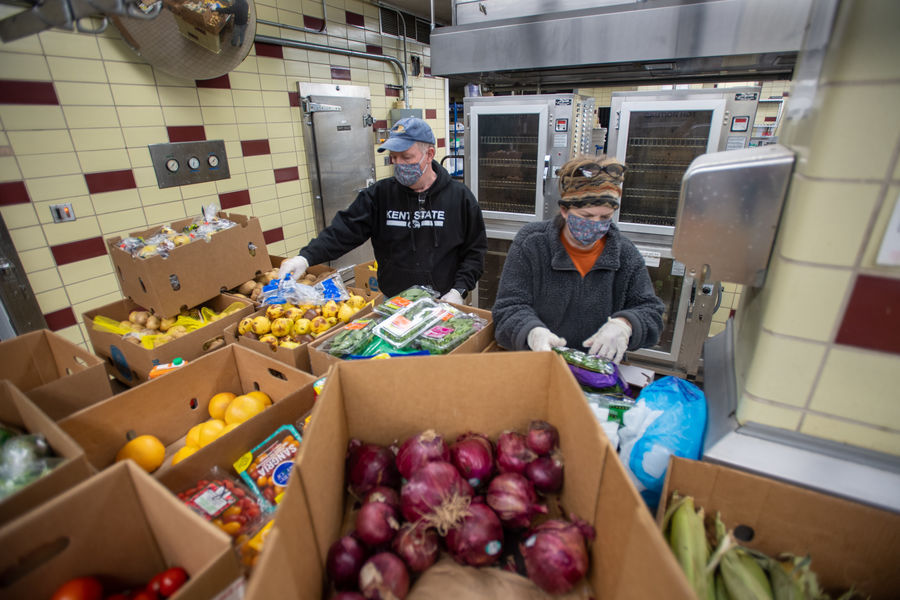Community & Society

We all know the world has changed, perhaps forever. The overall lesson of the COVID- 19 pandemic is that we need a public health workforce, prepared at all levels, to monitor the world for emerging infectious diseases, to prevent the spread of highly contagious diseases, to develop new treatments and vaccines, and to invent novel approaches never seen before. ├█Đ┐appUniversityÔÇÖs College of Public Health is addressing this workforce challenge, in part, by hosting the 2020 Virtual Public Health Academy.

Melanie Knowles is the manager of sustainability at ├█Đ┐appUniversity. In this role, she works with people all over campus to make cost-effective, better practices for the environment. Learn more about Knowles as she answers these 10 questions.

When the Ohio Department of Health sought help this summer for work on the COVID-19 pandemic response, more than 110 students from ├█Đ┐appUniversityÔÇÖs College of Public Health raised their hands to volunteer.

The ├█Đ┐appUniversity Police Department is scheduled for a virtual assessment as part of a program to achieve international reaccreditation. Administered by the Commission on Accreditation for Law Enforcement Agencies Inc. (CALEA), the program requires agencies to meet state-of-the-art standards in four basic areas: policy and procedures, administration, operations and support services.

├█Đ┐appUniversity Associate Professor Elizabeth M. Smith-Pryor has authored a perspective piece on racial equality that is featured in the July 15 Washington Post column, ÔÇťMade by History.ÔÇŁ

The Campus Kitchen at ├█Đ┐appUniversity, a student-run organization that reclaims food to feed the needy in the Kent area, has had to swiftly switch gears from operating a hot food kitchen to an expanded food pantry.

Members of ├█Đ┐appUniversityÔÇÖs Design Innovation Initiative are forging creative collaborations with local and regional organizations and funders as they work toward the production of personal protective equipment (PPE) for first responders battling the COVID-19 pandemic.

A ├█Đ┐appUniversity student is gaining recognition for a photo she took that captures an African American Cleveland police officer shedding a tear as he came face to face with demonstrators protesting the death of George Floyd, who died in Minneapolis Police custody.

In the wake of the COVID-19 crisis, the United States would benefit from a public banking system, says Mark K. Cassell, ├█Đ┐appUniversity professor of political science.
Apple and Google partnered in early April to create a new smartphone app that uses Bluetooth to track coronavirus cases. Using a technology called contact tracing, the app alerts a user when they come in contact with someone who has been positively diagnosed with COVID-19. Gokarna Sharma, assistant professor in Computer Science, recently answered 10 questions about the new app based on his professional opinion. Sharma is experienced in algorithms, blockchain and smart technologies such as this.